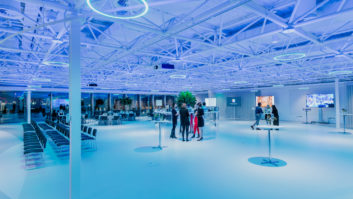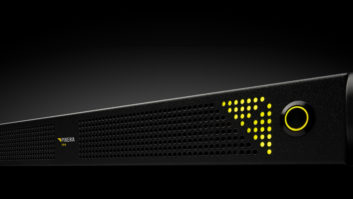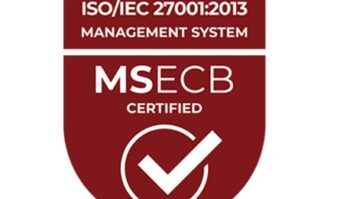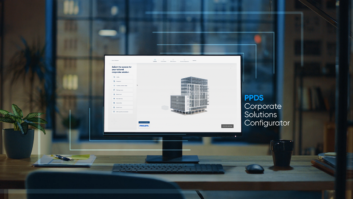 Security is a critical consideration when evaluating technology. In a world where security threats, particularly in the cyber realm, are a daily occurrence, a device’s physical security and data protection is paramount.
Security is a critical consideration when evaluating technology. In a world where security threats, particularly in the cyber realm, are a daily occurrence, a device’s physical security and data protection is paramount.
These security considerations also apply to the AV technology ecosystem. Every day, AV systems are installed in venues such as corporate spaces, government buildings, medical facilities, educational institutions and more. Facilities in which a security breach leading to a system shut down or a wrongly timed announcement could result in public safety consequences. To prevent a breach every component of an AV system – from the physical design to the operating system – must operate securely.
When exploring the unique security features in an AV system, integrators should consider both the hardware and software elements of the system to ensure end users are protected.
As mentioned, in environments where an AV system performs a critical life-safety or communications function an accidental or unreceived message over an AV system could cause chaos and send people toward danger. Ensuring that critical functions such as power switches and attenuators are hidden on equipment, or some cases removable, depending on equipment location, will prevent any unwanted tampering.
However, some integrators would argue that data is the most critical asset to be secured.
WEB-BASED
Many newer AV systems now offer web-based setup systems during the initial install. These systems can streamline the install process, saving time and money. However, for optimal security, users with access to this network must have a secure user profile, complete with limited permissions. By implementing authentication measures integrators and end users can decrease the likelihood of intruders gaining access to the network.
Following installation, integrators and end users typically rely on a cloud-based platform to control and monitor their AV system. The use of a cloud platform serves as an additional security measure as integrators and end users can remotely monitor and control the equipment. In the case suspicious activity occurs, integrators and end users can quickly power the system down from anywhere in the world.
Yet, the backbone of this cloud technology must be secure and reliable. This is why many choose to use Amazon Web Services (AWS) as a cloud provider. AWS has built an unmatched reputation for security as its IoT Core features 256-bit SSL encryption security.
Apart from a secure cloud platform, AV companies must also consider whether or not its products are IEEE 802.1X compliant. IEEE 802.1X is a standard for port-based network control and provides a higher level of authentication. The main benefits of an 802.1X network include data and equipment protection against cyberattacks and the prevention of rogue devices from connecting to the local network and releasing harmful viruses or malware. Many major tech brands require this protocol as standard for their AV systems. This insistence is indicative that it won’t be long before IEEE 802.1X compliance is universally required.
The topic of security is a conversation that integrators should be prepared to talk about with their customers to ensure they are choosing to work with manufacturers who take security concerns seriously.
Check out our feature on cyber security here.







